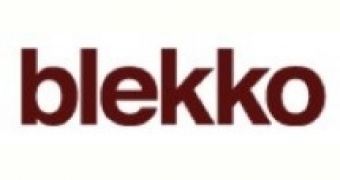Blekko, the upstart search engine, has taken a much more aggressive step towards cutting down the amount of spam usually littering search results. While Google recently introduced an algorithm update that tackled the problem by demoting spammy and poor quality websites, Blekko has now removed some 1.1 million domains from ever appearing in any results page.
"Today, we are taking the next giant step forward with the launch of Blekko’s new AdSpam algorithm. This new technology will dramatically change search. It’s the first search algorithm ever created to find spam rather than rank results," Blekko announced in its blog.
"The algorithm is specifically designed to recognize pages which are spam and eliminate them before they ever appear in search results. Blekko has used the AdSpam technology to eliminate more that 1.1 million domains that support multi-millions of pages," it added.
Previously, Blekko had removed 20 domains from its search results, picking the ones that its users deemed to be the worst offenders. But this takes it to a whole other level.
Blekko has created the AdSpam algorithm to determine which sites have very poor quality and have been built for the ad revenue alone. The algorithm looks at several factors, how many ads are on a page, whether there is little or no content and so on. Of course, Blekko also relies on its users to determine poor quality sites as well.
The move can't be argued against, in theory. Inevitably, everyone has landed on websites that are nothing more than shells full of ads that provide very little and often no value to the users and there's clearly a need to get rid of this type of sites.
The problem is that no algorithm is perfect and false positives are bound to happen. Blekko says that the percentage of false positives is very small. But even a very small error rate means that plenty of websites will be removed incorrectly since there are 1.1 million in total. Blekko has the luxury of doing something like this, but Google can't simply remove thousands of sites as collateral damage.

 14 DAY TRIAL //
14 DAY TRIAL //